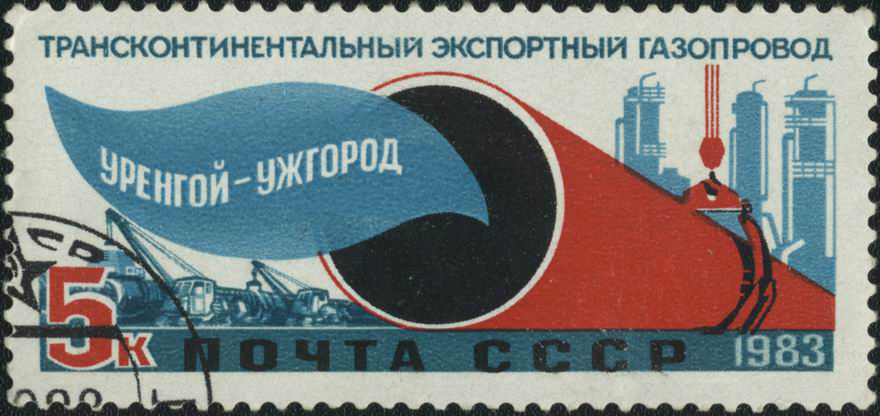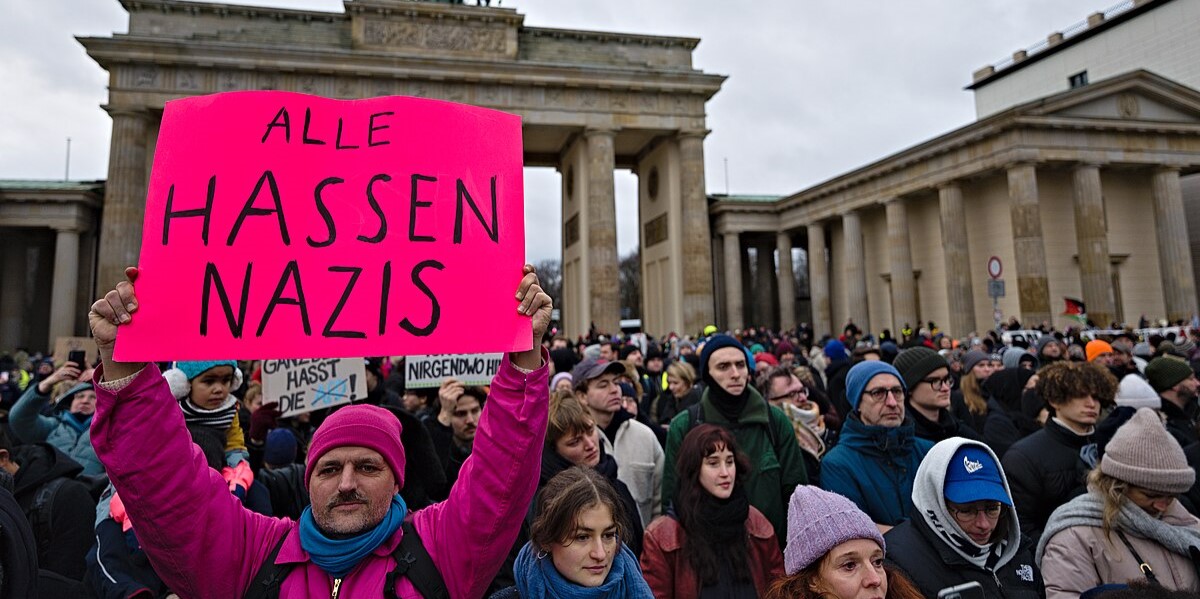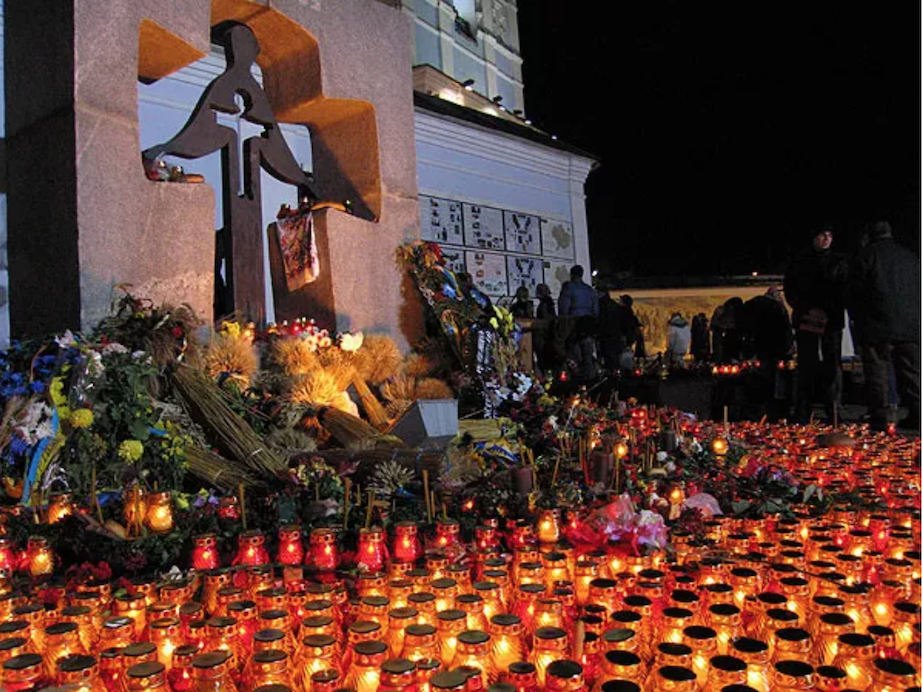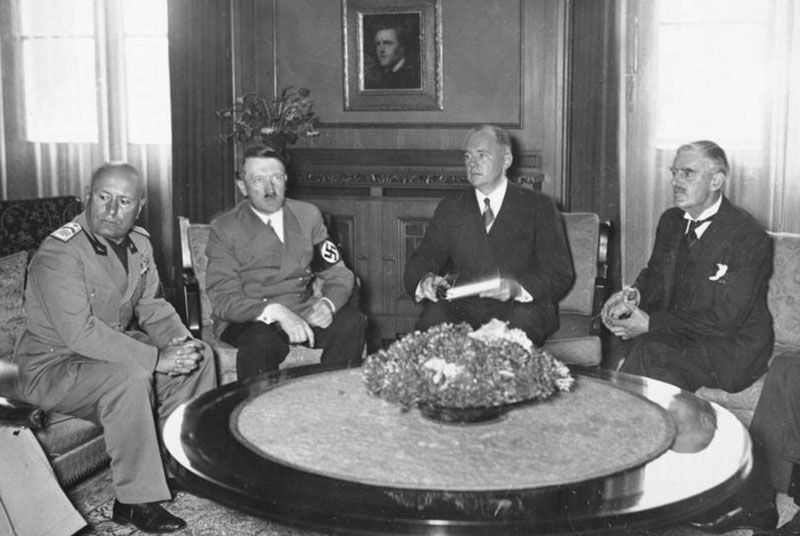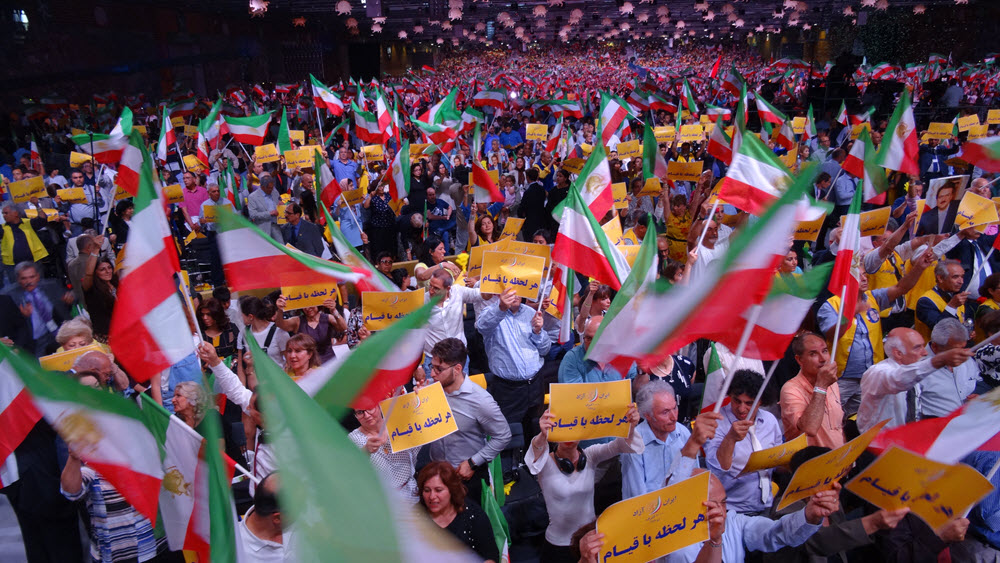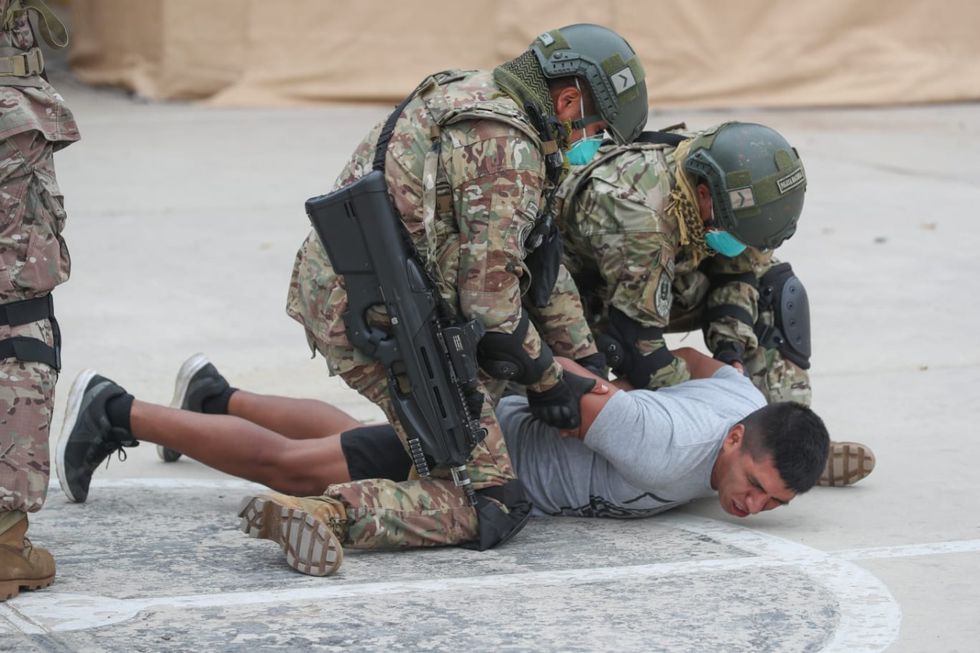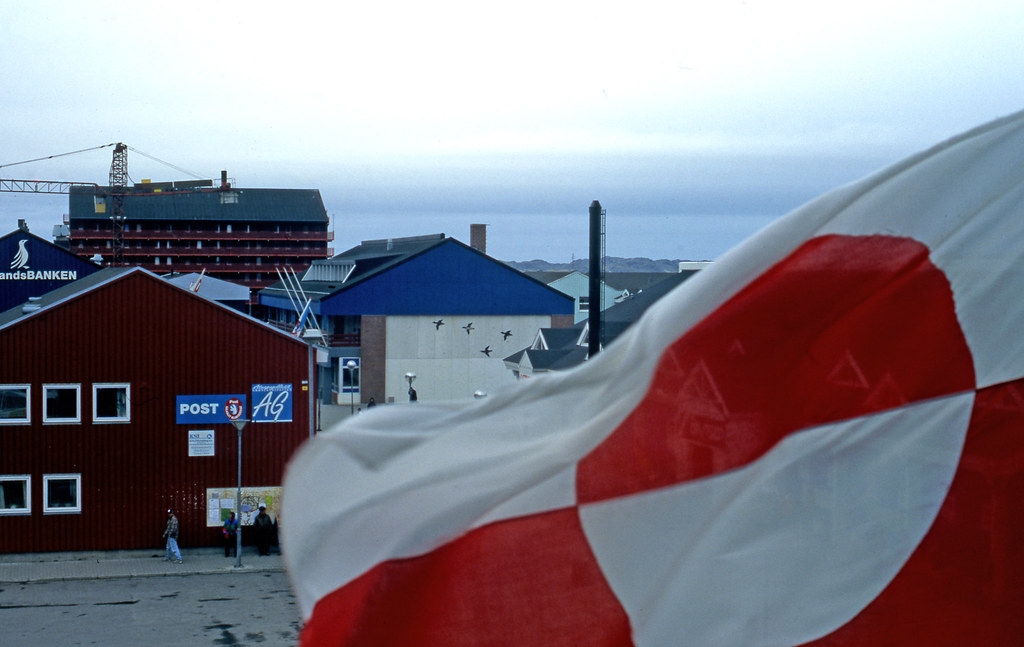
Greenland party leaders reject US annexation
Greenland party leaders issued a joint statement asserting that the autonomous territory rejects US calls for acquisition. Prime Minister Jens-Frederik Nielsen and four other party leaders stated: “We don’t want to be Americans, we don’t want to be Danes, we want to be Greenlanders.” But President Trump commented that same day that the US is “going to do something on Greenland, whether they like it or not.” Reacting to the dispute, French President Emmanuel Macron stated that the US is exempting itself from the international rules it had long promoted until just recently. Germany’s Foreign Minister Johann Wadephul said that the “fate of Greenland will be decided by Greenlanders and the Kingdom of Denmark.” NATO official Gunther Fehlinger went further, warning that if the US annexed Greenland, all its bases in Europe would be “confiscated.” (Photo: Peter Prokosch)




